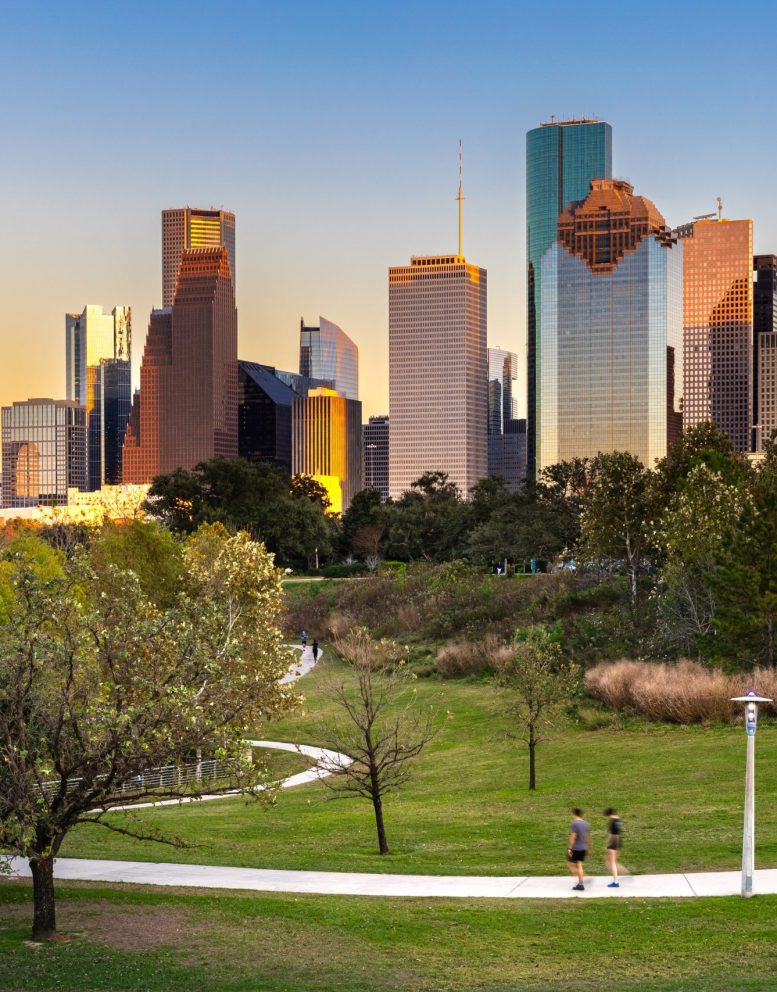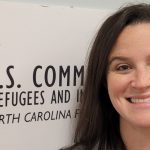By Alexia Gardner, Policy Analyst, and Anum Merchant, Policy Intern In May of 1939, a boat of German Jews aboard the St. Louis pleaded for asylum in the United States. They were denied entry and returned to Europe. 254 of the passengers were later killed in the Holocaust. Rosa Seligmann was murdered at Auschwitz. Martha Scheyer was killed at Sobibor. […]
Category: USCRI Blog
The Invisible Work That Saves Lives: Honoring Survivors Through Care, Advocacy, and Trust
By Veronica Farkas, TVAP/Aspire Case Manager My job as a Case Manager is a combination of advocacy, crisis response, and long-term support, as well as relationship building for those who have experienced severe trauma. I help survivors achieve safety, stability, and independence by connecting them to long-term housing, legal services, education, employment, and medical services. It’s rewarding to be able to […]
Defending the Right to Work: Why USCRI Called on DHS to Withdraw a Harmful Rule
In November 2025, USCRI submitted a comment to the Department of Homeland Security (DHS) to withdraw an interim final rule (IFR) that diminishes the right to work for many immigrants, including those who are in the United States with or seeking humanitarian based protections. Below, we explain why we raised these concerns to the U.S. Government and what is at stake. In order to work legally […]
Through My Eyes: Early Reflection on Empowering Adolescent Girls in the Face of Fragility
by Sylvia Maru, Program Manager, Keep Girls Dreaming Stepping into Kakuma Refugee Camp for the first time is an experience that stays with you. The heat, the dust, the hustle and bustle, the resilience stamped into every face, and especially the young ones. I have just begun my journey with Keep Girls Dreaming here, […]
USCRI North Carolina: Fly with Me Cultural Festival
On Saturday, October 18th, over 1,000 people came together for USCRI North Carolina’s second annual Fly With Me Cultural Festival – a vibrant celebration of Afghan culture and community spirit. From delicious food and lively music to a stunning fashion show, henna art, and of course, kite flying, the day was filled with joy, connection, and […]
Reprise ’25: A Musical Celebration of Refugee Resilience and Community Spirit
Over 200 attendees came together on October 4th to celebrate an unforgettable evening of music, dancing, food, and community at Reprise ’25, USCRI Cleveland’s annual benefit. Guests enjoyed powerful performances by Bassel & The Supernaturals, U4U Band, and The Light Band, along with locally prepared dishes from refugee communities, farm tours, bonfires, henna, and yard […]
Safeguarding Refugee Rights Amid U.S. Policy Changes
Recent statements at the U.N. General Assembly signal a shift in U.S. refugee and asylum policy. USCRI examines what these changes mean for America’s humanitarian commitments. Last month, on the margins of the U.N. General Assembly, officials from the U.S. State Department led a discussion on the global refugee and asylum system. The Administration’s emerging […]
USCRI STAFF HIGHLIGHT CENTRAL AMERICAN INTEGRATION EFFORTS AT MIRPS FORUMS
The MIRPS is a coordinated response framework for forced displacement, supporting the protection of and search for durable solutions for forcibly displaced persons and their host communities in Central America and Mexico. As part of its ongoing commitment to advocacy for displaced people in the region, USCRI staff participated in two meetings with the Regional […]
USCRI EL SALVADOR JOINS MULTI-INSTITUTIONAL EFFORT TO DEVELOP HUMAN RIGHTS-BASED MIGRANT CARE PATHWAY
USCRI El Salvador participated in a working session to develop a care pathway for migrants, returnees, foreign nationals, and their families—an effort led by the Chalatenango Centro Migration Roundtable. This initiative aims to provide key tools to strengthen local responses for these population groups by promoting inter-institutional coordination and respect for human rights. Key institutions […]
WELCOMING COMMUNITIES PLAY KEY ROLE AS REFUGEE YOUTH BEGIN ACADEMIC LIFE IN MEXICO
Welcoming communities play a fundamental role in the integration of migrants and refugees. For many refugee students, arriving in a new country means facing a host of challenges: adapting to unfamiliar cultural norms, navigating a different educational system, overcoming language barriers, and coping with the emotional toll of displacement and separation from family. In this […]


















































